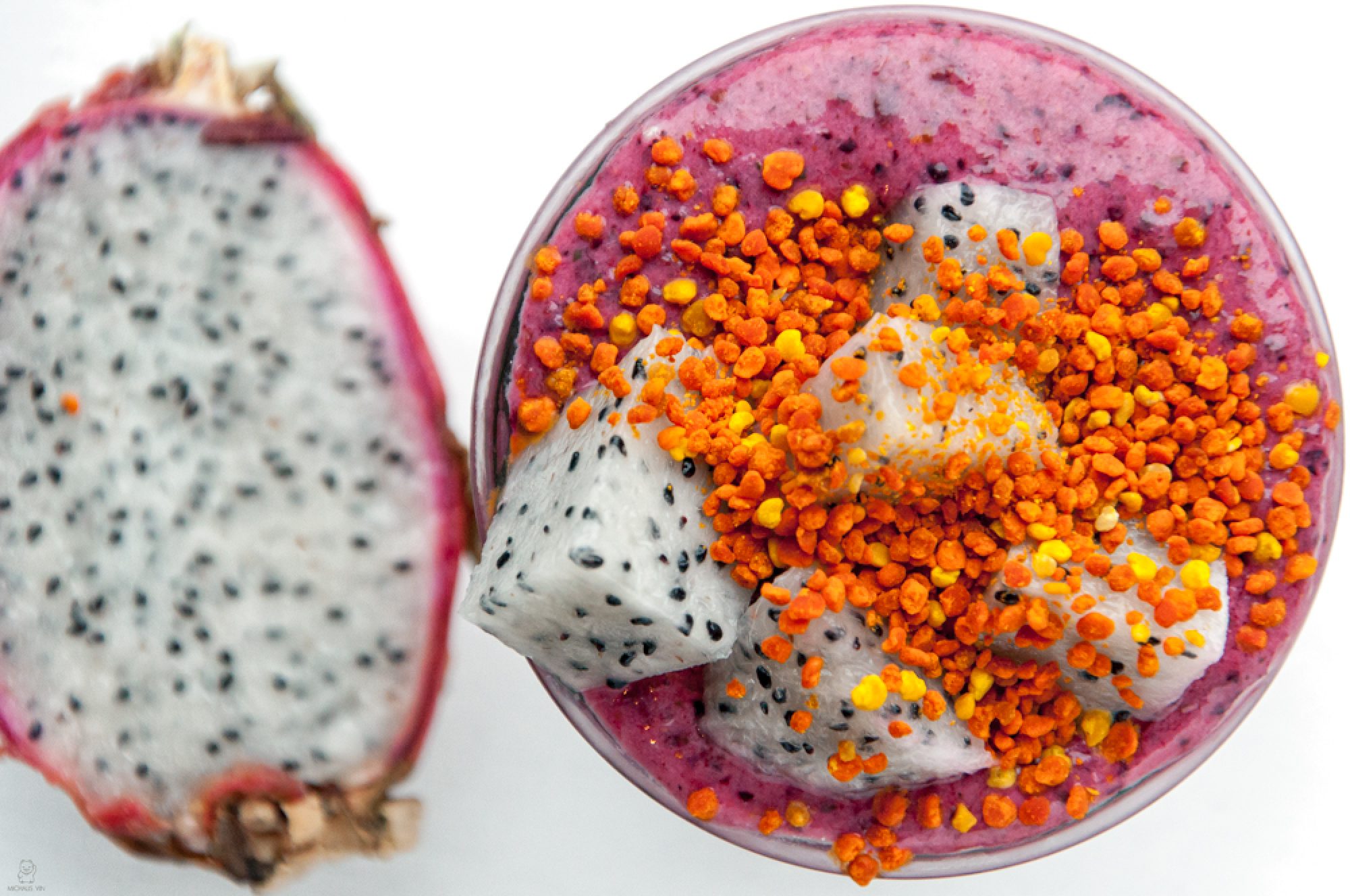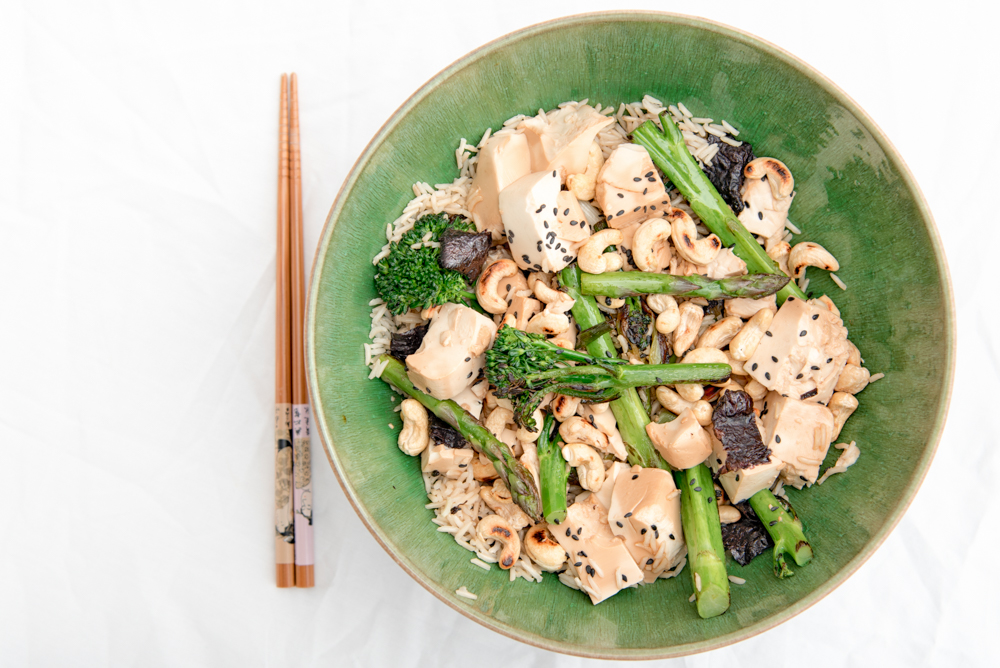I’ve been wanting to write a post for this important topic, which sooner or later will touch all of us women, and is very close to home since due to the chemotherapies I had the last years I unfortunately got into premature menopause (otherwise called premature ovarian failure) at 39 years old. There are many things that upset me about this, but the most important are the consequences of the early cease of female hormone production on my health, which has happened to me almost 15 years earlier than the average woman who gets into menopause at around 55. During menopause the chances of cardiovascular disease and osteoporosis increase greatly. I did decide however to stay away from Hormone replacement therapy and to try to manage menopause with more natural means, mainly through nutrition. The main reason I want to avoid HRT is that I’ve got a long family history of breast cancer and based on all my research (Link https://www.thelancet.com/journals/lancet/article/PIIS0140-6736(19)31709-X/fulltext), HRT significantly increases the risk of breast cancer. So, we decided, together with my obstetrician that this is not worth the risk (esp. since I managed to survive lymphoma, another cancer would be the least I wanted right now). Luckily, I haven’t got any of the main menopause symptoms like hot flashes which significantly impact quality of life, and that helped my decision to stay away from HRT. If my quality of life was significantly diminished, I might have more reasons to consider it. I did however gain 5 kilos since my period stopped as oestrogens, one of the female hormones that we stop producing during menopause, has a significant role in regulating metabolism.
So, I will share in this post some tips, based on my experience and nutritional studies, that really helped me. Its needless to say that every woman is different and may be affected differently by menopause so she needs an individualised plan.
To start with, its important to say that menopause is a natural stage of the female reproductive cycle that we will all go through, and only in the west it is considered a “disease” that needs medical intervention. Notably, in Japan where their nutrition is by default more beneficial for female hormonal health, most females have no menopause symptoms and HRT is inexistent.
What concerns me the most in my case, letting aside the impact of menopause on my fertility, which is a whole different beast that I will write about in another post, is the likelihood of osteopenia. So I have agreed with my obstetrician that on top of my nutritional plan I will be monitoring once a year with a DEXTA scan my bone mass to see how I am progressing on that front and whether I will need medicinal intervention.
So lets talk about some foods and tips for women who are in menopause or are peri-menopausal:
The nutrients that are super important for bone health are calcium, vitamin D, vitamin K and magnesium. Nutritionally that means more tahini (which I love anyway) and more tofu, which is an excellent calcium source, more leafy green veggies (i.e. spinach, chard, kale) for their magnesium and vit K and more sun exposure for Vitamin D (which is impossible in UK, therefore a supplement would be a good idea). On top of increasing my food intake of all these nutrients I am also taking a bone health supplement (that combines calcium, magnesium, vit D and K) so that I can have peace of mind that I am taking what is needed to keep my bones strong and healthy.
To improve cardiovascular health, which is also compromised during menopause, its good to increase the intake of antioxidants so I am targeting at least 5 portions of greens and 2 portions of fruit a day, which are also a good source of fibre that helps remove excess hormones from the body.
I’ve also increased my legumes consumption, targeting at least 5 portions a week, because they are not only rich in calcium and protein but also a good source of gamma oryzanol which helps reduce hot flashes.
The most important nutritional intervention during menopause is to increase consumption of phytoestrogens with foods like tofu, soya, fennel, celery and legumes.
Phytoestrogens, are foods that mimic the action of estrogen in our body. These substances are so smart that they attach themselves to the oestrogen receptors in our bodies, fooling our body that we actually produce oestrogens, mimicking their action. Isoflavones, the phytonutrients contained in phytoestrogens, are abundant in Asian diets and the main reason why menopause symptoms are inexistent in Asia. Recently, phytoestrogens took a bad rep with breast cancer due to conflicting research, but the final verdict (Link https://pubmed.ncbi.nlm.nih.gov/19996398/) is that phytoestrogens not only they don’t increase breast cancer risk, but quite the opposite, they minimize the risk.
Tofu is good for menopause not only because it is rich in isoflavones but also it is a good source of calcium and protein, all beneficial during this phase. If you want to start using tofu but not sure how to include in your diet I’ve got many delicious recipes with tofu on the blog such as:
- Marinated tofu skewers (Link https://www.thesauchalife.com/el/%CF%83%CE%BF%CF%85%CE%B2%CE%BB%CE%B1%CE%BA%CE%B9%CE%B1-%CE%BC%CE%B5-%CF%84%CE%BF%CF%86%CE%BF%CF%85-%CE%BA%CE%B1%CE%B9-%CE%BB%CE%B1%CF%87%CE%B1%CE%BD%CE%B9%CE%BA%CE%B1/)
- Almond butter tofu with sautéed veggies (Link https://www.thesauchalife.com/tofu-with-an-almond-butter-miso-paste-on-a-bed-of-sauteed-veggies/)
- Macrobiotic tofu salad
- The Sri-Lanka curry (Link https://www.thesauchalife.com/el/%CF%83%CF%81%CE%B9-%CE%BB%CE%B1%CE%BD%CE%BA%CE%B5%CE%B6%CE%B9%CE%BA%CE%BF-%CE%BA%CE%B1%CF%81%CF%85-%CE%BC%CE%B5-%CE%BA%CE%B1%CF%83%CE%B9%CE%BF%CF%85%CF%82-%CE%BA%CE%B1%CE%B9-%CF%84%CE%BF%CF%86%CE%BF/)
Tofu is such a flexible ingredient that can be used instead of cream in desserts, try my delicious
- Mastiha pannacota with passion fruit (Link https://www.thesauchalife.com/mastiha-pannacota-with-passion-fruit/)
- Pumpkin spice chocolate tofu mousse (Link https://www.thesauchalife.com/spicy-pumpkin-chocolate-mousse/)
Another nutrient which is miraculous during menopause is lignans, a phytonutrient that is abundant in flaxseed. The easiest way to add lignans in your diet is to consider adding a tablespoon of flaxseeds in your morning smoothie or salads.
There are also quite a few herbs that can help manage menopause symptoms and esp. hot flashes:
- Both red clover and blach cohosh have a very good concentration of isoflavones, and has scientifically proven results (Link https://pubmed.ncbi.nlm.nih.gov/25263312/) against hot flashes. These herbs have potent action and they should only be taken under the supervision of a certified herbalist or naturopath.
Finally, a relatively easy and safe solution to try at home that provides relief from hot flashes is sage tea: chop overnight 6 fresh sage leaves and boil in the juice of a lemon and one cup of water. Leave to soak overnight, drain the leaves in the morning and drink the liquid. I haven’t tried this yet so I cannot personally guarantee on the results.
It is also important to avoid alcohol, smoking and spicy foods because they aggravate hot flashes.
In parallel,
- Increase your daily exercise, aiming to work out ideally 3-4 times a week: weight bearing exercise in particular protects bone mass and therefore helps avoid osteopenia and also helps decrease hot flashes.
- Try to consume minimum 2 lts of water a day.
Hope this post has helped a bit, and remember we are all in this together!


